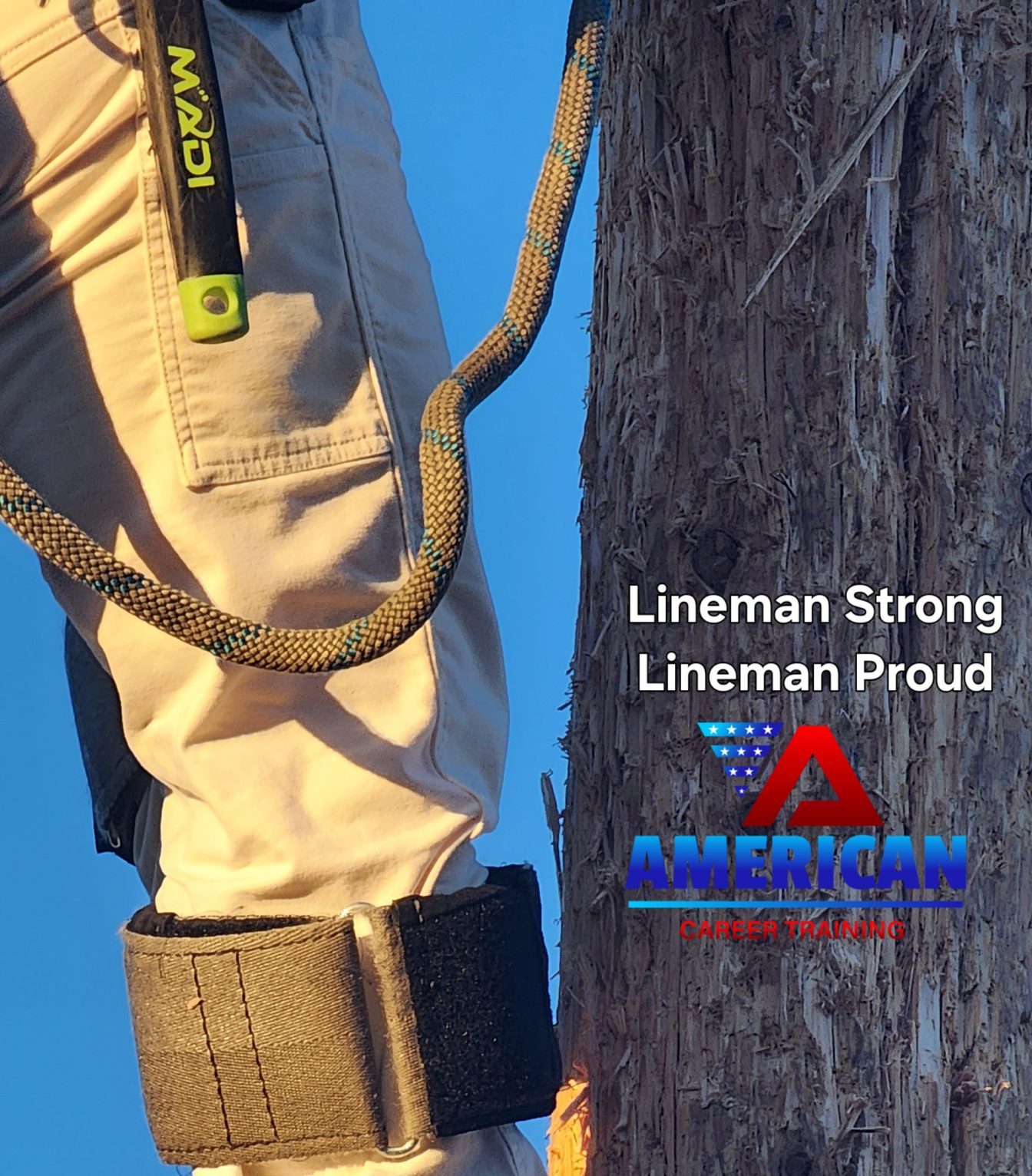The College Debt Crisis Nobody Talks About
The American Dream is getting a serious upgrade, and it doesn’t require a four-year degree or crushing student debt. While millions of college graduates are drowning in financial obligations and struggling to find meaningful work, a growing movement of Americans is discovering that skilled trades offer something revolutionary: real financial freedom, job security, and the satisfaction of building something tangible with your hands.
Let’s start with some hard truths. The average American college graduate walks across that stage with nearly $38,000 in debt hanging over their head. Multiply that by 42 million borrowers, and you’re looking at a staggering $1.7 trillion national crisis that’s crushing an entire generation.
So, while their college-bound friends are accumulating debt that could buy a luxury car, trade students are learning valuable skills and preparing to enter high-demand careers.
Even more telling? Recent surveys show that 68% of college graduates don’t believe their education was worth the financial damage. That’s more than two-thirds of people who followed the “traditional” path expressing serious regret about their choice.
The Skills Gap Gold Rush
While college students spend four years accumulating debt and theoretical knowledge, trade students are getting hands-on training that typically takes two years or less to complete. Many specialized programs can be finished in under a year.
This isn’t just about getting to work faster—it’s about starting your earning years earlier. A 22-year-old trade school graduate with two years of work experience and minimal debt is often in a stronger financial position than a 22-year-old college graduate just starting their career with massive loan payments.
Consider this timeline:
- Trade path: 1-2 years training, immediate earning potential, minimal debt – Our Program: 15/weeks!
- College path: 4+ years education, potential graduate school, significant debt, uncertain job market
The math is compelling, especially when you factor in the earning potential during those extra years in the workforce.
Future-Proof Careers in an AI World
Here’s something college counselors won’t tell you: many white-collar jobs are increasingly vulnerable to automation and artificial intelligence. But skilled trades? They require human judgment, physical dexterity, and problem-solving skills that technology can’t replicate.
You can’t outsource electrical work to a call center in another country. You can’t automate Electrical Linework repairs. You can’t replace a skilled Power Line Technician with a chatbot. These jobs exist in the physical world and require human expertise that remains irreplaceable.
Real Work, Real Impact
There’s something profoundly satisfying about skilled work that many office jobs simply can’t provide. When you’re an Electrical Lineworker, you’re literally powering people’s lives. This isn’t abstract work that disappears into spreadsheets and email chains. It’s tangible, meaningful contribution that you can see and touch. Many trade workers report higher job satisfaction than their white-collar counterparts, partly because the results of their work are immediately visible and undeniably valuable.
The Entrepreneurship Advantage
Skilled trades offer something that most corporate careers don’t: a clear path to business ownership. This entrepreneurial potential means unlimited earning capacity. While salaried employees hit income ceilings, trade careers can scale their success. Some earning more than doctors and lawyers, with less educational investment and debt.
Breaking the College Myth
For decades, American culture has pushed the narrative that college is the only path to success. This messaging has created artificial scarcity in skilled trades while oversupplying many white-collar fields.
The result? College graduates competing for entry-level positions that require additional experience, while skilled trades offer immediate opportunities with clear advancement paths.
Recent data shows that many trade careers now offer starting salaries comparable to or exceeding those of college graduates, with faster advancement and better job security.
Geographic Flexibility
Skilled trades offer something many modern careers don’t: location independence. This geographic flexibility means you’re not tied to expensive coastal cities or specific corporate headquarters. You can choose to live where housing is affordable, taxes are reasonable, and quality of life is high—without sacrificing career prospects.
Making the Decision
Choosing a trade career isn’t about settling for less—it’s about choosing a path that offers financial stability, job security, meaningful work, and independence without the crushing debt burden that has become synonymous with higher education.
The question isn’t whether you’re “smart enough” for college. The question is whether you’re smart enough to recognize an opportunity when you see one.
The Bottom Line
While college graduates spend years paying off debt for degrees that may or may not lead to stable employment, trade workers are building wealth, gaining valuable skills, and contributing to essential industries that America desperately needs.
The stigma around “blue-collar” work is outdated thinking from an economy that no longer exists. Today’s skilled trades require technical knowledge, problem-solving abilities, and continuous learning—just like any professional career.
The difference? You get paid to learn, start earning immediately, avoid crushing debt, and enter industries with strong growth prospects and job security.
For young Americans tired of the college debt trap and adults looking for career changes that offer real opportunity, skilled trades aren’t just an alternative path—they might be the smartest choice you can make.
The question isn’t whether trade work is respectable or profitable. The data clearly shows it’s both. The real question is whether you’re ready to break free from outdated thinking and pursue a career path that offers genuine financial freedom and personal satisfaction.
Your future is in your hands—literally.






